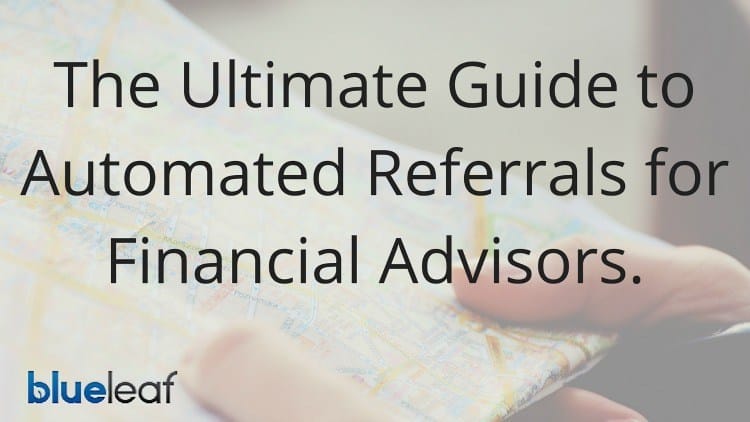How To Survive The Advisor Apocalypse

3 min Read
The End of Days
Is it real? Yes. When will it happen? Could be months, maybe even years. But to survive, you’ve got to prepare. And the first step in preparation is to understand the virus that is the root of the apocalypse: internet technology. I got early warning of the End Of Days from the Psy-Fi Blog, who wrote, The End Of Finance, As We Know It:
Industries have had their economics completely upturned by the interconnectivity of the internet, cheap, distributed processing power and the power of peer review. Yet this hasn’t impacted the financial industry in anything like the way it might have. Sure, the introduction of low commission internet share dealing has undermined many old school brokerages, but that’s replaced one set of problems with another. Now, though, the race is on to disintermediate the middle men: the financial industry is on the cusp of a revolution, and most of the intended victims haven’t got a clue that they’re already an endangered species.Disintermediation – the idea that supply chains between producer and consumer can be shrunk to reduce costs and improve responsiveness – has been the mantra of the internet age. Nowhere has this been more self-evident than in the newspaper and music businesses, where the ability to connect customers directly to producers has seen long-standing business models destroyed almost overnight. As technology has developed we’ve started to see the same thing happening to books, films and, indeed, virtually anything that you can digitize: why ship physical product when you can ship virtual, and cut out distribution costs?The future of finance is going to be written in the language of technology.
Your Survival Kit
So now that you understand the apocalypse–why it’s going to happen–you’ve got to get prepared as soon as possible. Here’s your post-apocalypse survival guide:
Digitize Now
If you wait to embrace internet technologies until the last minute, then you don’t stand a chance. You’ve got to get on the web, and digitize all that you can, as fast as you can. Website, blog, software; start with one piece at a time and keep building. You can even digitize faxes and free consultations. The key is to adopt a hacker’s mentality, experiment fearlessly, and go with what works.
Prepare To Scale
Say you survive the apocalypse. The robo-advisors have swept the country, but you’ve managed to hang on to a few clients. You’re digitized, and you’re doing alright. You’re going to have to make some sacrifices to keep your head above water. The solution? Be prepared to scale. You’re going to have to get aggressive. Any good poker player will tell you to take chances when you’re down, and stay conservative when you’re up. Be ready to take on dozens of new clients at once, if you have to. Luckily you’re already digitized, so it shouldn’t be too difficult to scale up from 10 clients to 25.
Be The Best
The only advantage you’ll ever have over the blood-thirsty savages eating their way through the financial services industry is yourself. You’ve got to be easier to communicate with than a computer, and you’ve got to be more trustworthy, too. Also, it seems that curation and contextualization are mankind’s silver bullet for disintermediated industries, so make sure you know your products inside and out, and make sure you’re truly recommending the best for your client’s needs.



